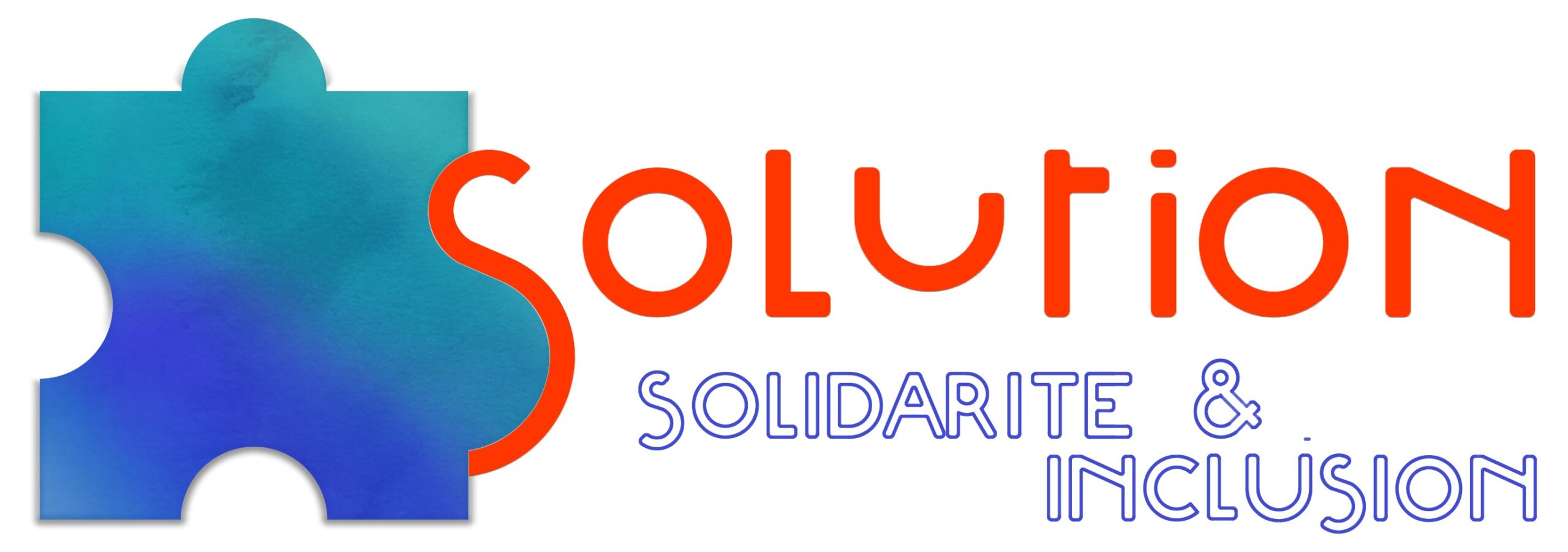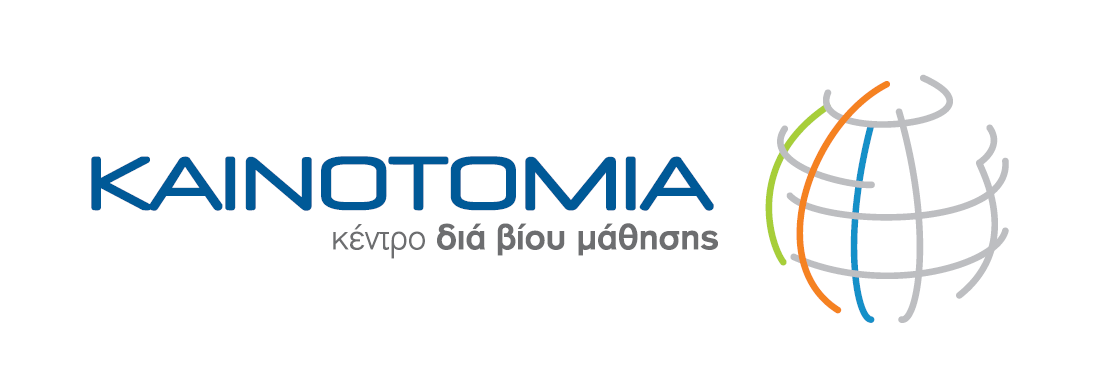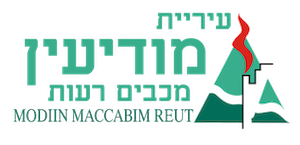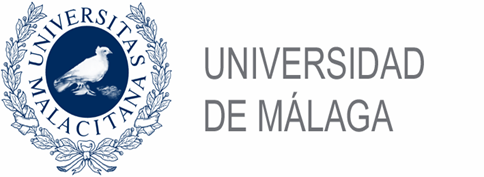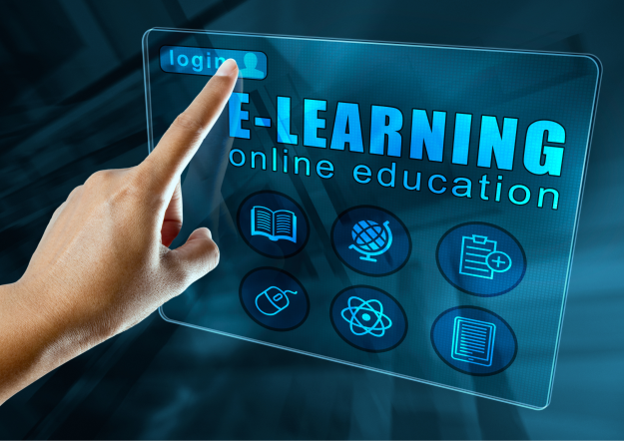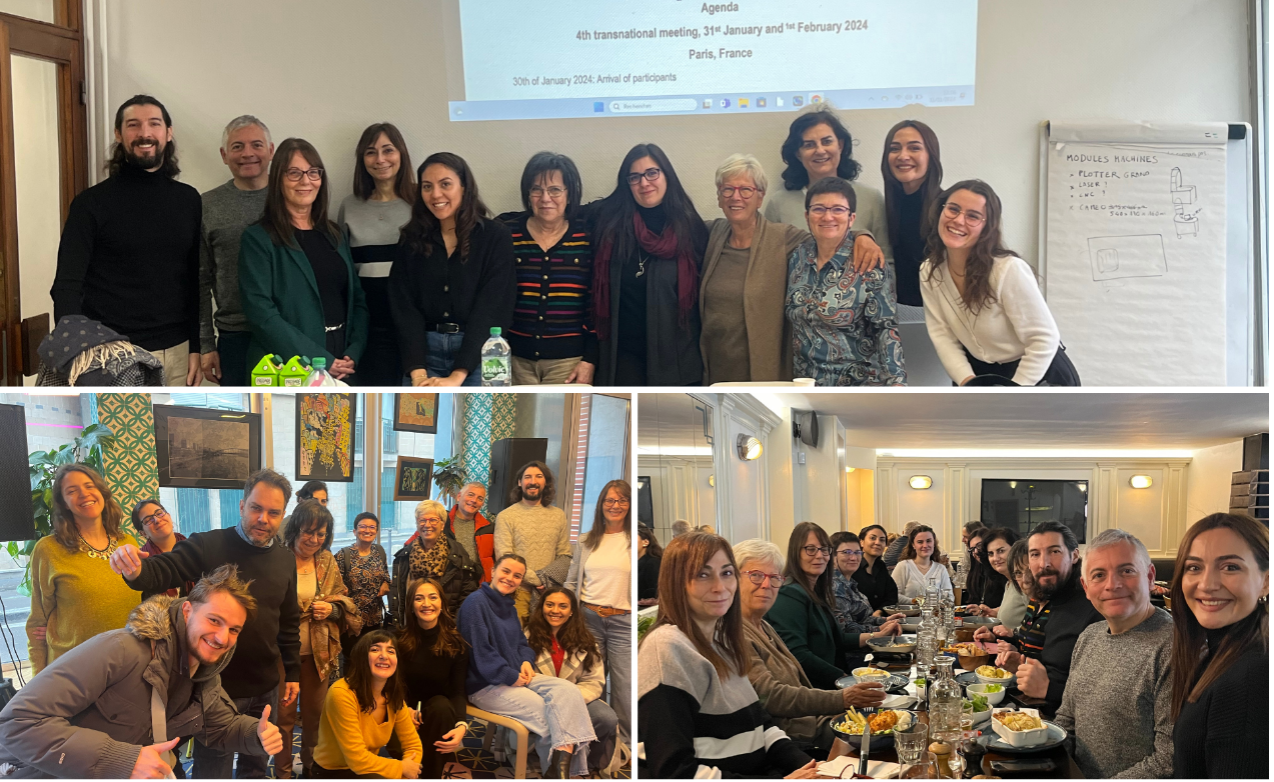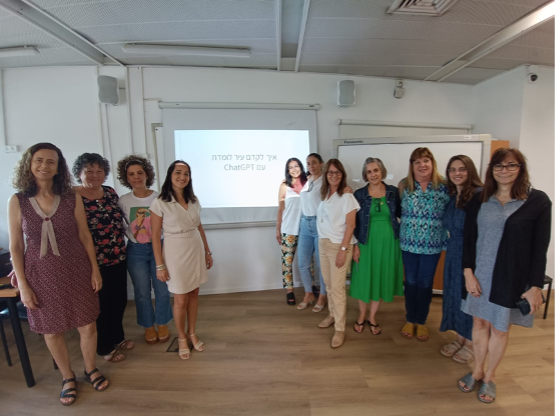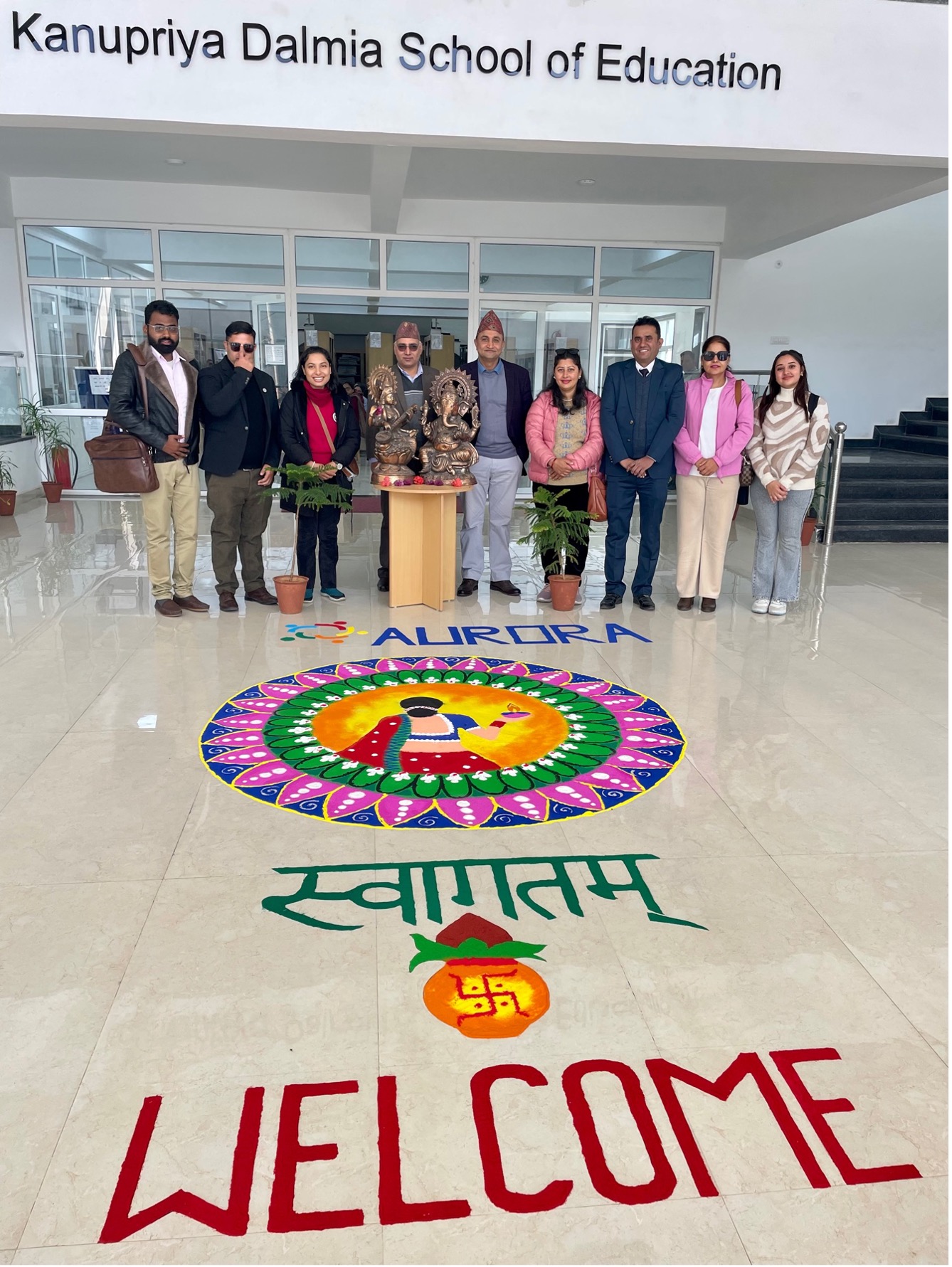Le projet PANEL
PANdemic emergency and E-Learning : innovative learning and teaching methodologies
Objectifs du projet
Le projet vise à :
1. Fournir aux enseignants des suggestions et des outils informatiques pour surmonter les difficultés dans l’environnement d’apprentissage en ligne.
2.Améliorer les méthodologies de formation dans l’environnement d’apprentissage en ligne dans les domaines suivants : apprentissage des langues étrangères, ateliers artistiques, bien-être physique et mental, TIC.
3. Motiver les adultes peu qualifiés dans le domaine de l’informatique à être actifs dans un environnement de e-learning.

Ce projet a été financé avec le soutien de la Commission européenne. Cette publication n’engage que son auteur et la Commission ne peut être tenue responsable de l’usage qui pourrait être fait des informations qu’elle contient.
A propos
Le projet PANEL (PANdemic emergency and E-Learning : innovative learning and teaching methodologies) est né d’un constat : En raison de l’épidémie de la pandémie de Covid-19, il était très difficile pour les personnes ayant peu de compétences informatiques de suivre les cours de formation en ligne. Les enseignants ont également dû s’adapter à ce nouveau mode de formation. Le développement de l’enseignement à distance peut toutefois donner une impulsion décisive non seulement pour mettre en œuvre d’importantes mesures structurelles, mais aussi pour diffuser et augmenter le niveau de la culture numérique générale. La question des compétences numériques est cruciale tant pour les enseignants, qui ont besoin d’une grande variété d’outils de communication numérique pour enseigner dans le contexte actuel, que pour les adultes peu qualifiés dans le domaine informatique, pour lesquels les cours en ligne sont plus difficiles à suivre et les formations plus difficiles à terminer.
Partenariat
Résultats du projet
L’objectif du projet est de créer des lignes directrices qui peuvent aider les enseignants à concevoir des activités de formation en ligne dans le but d’aider les adultes peu qualifiés dans le domaine de l’informatique à suivre les cours.
Afin d’atteindre cet objectif, les activités du projet seront développées dans : – une phase initiale de recherche sur les problèmes et les besoins des enseignants et des apprenants – le partage des analyses et des évaluations réalisées – la préparation de 4 programmes pilotes basés sur les évaluations réalisées – une activité de formation pour les formateurs concernant les nouvelles méthodologies – l’expérimentation des méthodologies – la mise en œuvre des lignes directrices pour les enseignants.
Résultat du projet 1: Rapport d'évaluation des questionnaires destinés aux enseignants et aux apprenants et des bonnes pratiques concernant les cours de E-learning
Afin d’évaluer les besoins des formateurs et des utilisateurs peu qualifiés dans le domaine de l’informatique et de pouvoir préparer des cours de formation en ligne efficaces en utilisant des méthodologies engageantes, des questionnaires seront préparés pour les enseignants et les apprenants. Une analyse des questionnaires sera ensuite effectuée afin de recueillir des indications concernant les problèmes rencontrés par les enseignants et les apprenants et leurs besoins en matière d’enseignement et d’apprentissage. Une analyse des bonnes pratiques concernant les méthodologies de formation E-learning sera également réalisée. Cette analyse sera effectuée par rapport aux méthodologies utilisées dans tous les pays et s’adresse à toutes les parties prenantes, y compris celles qui ne sont pas directement impliquées dans le projet.
A la fin, il y aura le partage des résultats des questionnaires et des bonnes pratiques par les partenaires et la préparation d’un rapport mettant en évidence les méthodologies les plus efficaces à utiliser pour la formation E-learning des parcours de formation liés aux 4 domaines de formation identifiés.
L’étude réalisée permettra également d’identifier des processus vertueux pour le développement d’actions de formation dans d’autres domaines d’activité également, puisque les besoins et les problèmes qui émergent pour pouvoir suivre efficacement un cours E-learning sont mis en évidence par les apprenants.
Résultat du projet 2 : Préparation de programmes pilotes
En ce qui concerne le rapport sur les difficultés rencontrées par les enseignants au niveau méthodologique et par les apprenants ayant des difficultés dans l’utilisation des technologies informatiques et/ou multimédia pour compléter les cours réalisés uniquement en mode E-learning, les partenaires rédigeront des méthodologies pour la réalisation de cours pilotes qui, en utilisant également les bonnes pratiques existantes, seront en mesure de surmonter les difficultés rencontrées dans le déroulement des cours. Un cours de formation sera donc préparé pour chacun des quatre domaines de formation considérés. On rédigera également un formulaire contenant les modalités de résolution des principales difficultés techniques rencontrées dans l’utilisation de la plateforme, également en relation avec les demandes qui pourront être formulées par les apprenants pendant les cours. Une analyse des besoins des enseignants et des apprenants sera réalisée afin de proposer une formation en ligne qui permette aux adultes peu qualifiés dans le domaine informatique de surmonter les difficultés d’intégration et de socialisation dans les communautés en ligne. L’étude réalisée permettra également d’identifier des processus vertueux pour le développement d’activités de formation dans d’autres domaines d’activité également, puisque les besoins et les problèmes qui apparaissent pour suivre efficacement un cours E-learning seront mis en évidence par les apprenants. Les activités seront coordonnées par by Kainotomia et MDCD de Modi’in.
Résultat du projet 3 : Mise en œuvre des directives pour les formateurs
La réalisation des lignes directrices pour le développement de parcours de formation d’E-learning, notamment en ce qui concerne la participation d’apprenants peu qualifiés dans le domaine des technologies de l’information, se basera en premier lieu sur l’expérimentation des parcours et leur évaluation. La réalisation des lignes directrices sera développée dans les derniers mois de la vie du projet au cours desquels des modifications/ajouts seront effectués en relation avec l’évaluation.
Les lignes directrices sont innovantes dans la mesure où elles visent à fournir des nouvelles méthodologies aux enseignants qui ont dû modifier leurs méthodes de formation pour les adapter à l’E-learning pendant la période de suspension des cours face à face en raison de la pandémie.
Les lignes directrices peuvent également être utilisées pour le développement de programmes de formation utilisant une méthodologie mixte (en ligne et en face à face) et peuvent également être adaptées au développement d’activités de formation dans des domaines non couverts par le projet.
Actualités
03.04.2024
Who doesn’t like playing while learning? Or should we say, learning by playing? Either way, it sounds like a convincing pairing. Playing games in various school subjects is nothing new under the sun, though, now, with the existence of so many new digital tools, both teachers and pupils have a limitless number of options to teach & learn, let’s say, a foreign language in a much more engaging and satisfying way. Fostering this innovative way of learning and new gratifying ways of teaching is what the European Project called PANEL is trying to spread among the school community. PANEL also stands for PANdemic emergency and E-learning as it was throughout the Covid-19 outbreak when we all realised that learning through a screen required a degree of willpower, some IT skills, a lot of patience due to technical setbacks and the need to connect with the subject by means of entertaining and suggestive activities. This is where playing games and interacting playfully plays its role. Are you already intrigued? Let’s break it down into more significant and chewable chunks.
Is it really feasible to learn English by just playing? Each individual has its own learning predisposition, though why not give it a go, it won’t do us any harm, will it? Therefore, let’s list a number of juicy e-tools that “trendy” teachers are using in their lessons. Don´t hesitate to click on the links to experience it yourself!
Ready to start the game of learning English with a light-hearted approach?
- Wouldn’t you love learning (the tedious English) grammar by guessing out loud with your group which of the visually-appealing options is the right choice? Definitely more amusing than grammar book drills. Students can pick the correct option by touching the right colour on the screen themselves. Check out this example. It has a million other formats (hangman for vocab, unjumble to learn word order, flashcards, open surprise boxes etc). Convinced? Then, Wordwall is your tool.
- What about the always exhausting journey of learning foreign idiomatic expressions? Games4sl, among so many other graded possibilities, (such as quizzes, vocab games etc) found a way to remember idioms through a visual guessing game, take a look at this link.
- You can learn loads of stuff while having a laugh by listening to jokes, puns & riddles. Not to mention countless games to improve pronunciation, grammar and so on just by clicking on Englishclub.com, there’s even a cute section for babies!!! and a more professional one for busy-as-bee workers who need English to survive!
- GameZone is an amazing website for those true gamers who are looking for an intense virtual experience using the English language as a tool for communicating with other gamers and, needless to say, beating them up by winning the game.
- Who said you can only use English through the subject of English? In Helpfulgames you can also learn biology, history, geography and even other languages through a common link: The English language.
- Unquestionably, music is magical. Learning a language through the stories told in the lyrics is possible with Lyricstraining. It will definitely enhance your listening skills while singing along to Ed Sheeran’s latest hit.
- What about using English to help those in need? By clicking on Freerice.com you can take part in their charitable online game and for each correct answer you are contributing with 10 grains of rice donated to the UN food Programme. It can´t get better!
There are a million and one more other sites we could mention but……. Opps! we have already exceeded the word limit of this article so, this GAME IS OVER but you can always keep on trying, NEVER QUIT just START OVER again, learning, fortunately or unfortunately is a never-ending GAME! 😉
03.11.2023
Learning from past mistakes: how to transform the pandemic experience into something positive for education
The Covid-19 pandemic has had a major impact on the education sector globally. To limit the spread of the virus, many countries have been forced to temporarily close their schools and universities. This has led to a major disruption in educational routines and forced teachers, students and parents to adapt to new ways of learning.
To continue providing access to education, many institutions have had to quickly implement distance learning programs. This required the use of digital technologies. However, whether teachers or learners, it has been complicated for them to transition and train in these technologies.
So, what has the Covid-19 Pandemic taught us about how to teach? How can we transform the online education experience during the pandemic into something positive for the future?
Transforming the online education experience during the pandemic into something positive for the future involves implementing changes and enhancements to ensure quality, accessibility, and effectiveness.
But how can we achieve this?
First, the EU governments need to invest in technology and infrastructure in order to ensure that students and educators have access to the necessary technology and a reliable internet connection. This may involve providing devices, improving internet access, and ensuring compatibility with online learning platforms. They also need to make online education accessible to all learners, including those with disabilities. It was one of the greatest weak points during the pandemie. In addition and in connection with technological problems, it is essential to provide training and support for the educators. Indeed, during the pandemie, many educators and teachers didn’t know how to use the online platforms and the technology in itself. This is why we must offer professional development and training for teachers and instructors to effectively navigate online teaching tools and methodologies. This will help them create engaging and interactive virtual learning experiences.
Moreover, educators should design engaging content and curriculum like for example videos, quizzes, interactive simulations, and discussion forums to keep students engaged and facilitate active learning. But most importantly, educators need to focus on student-centered learning and tailor content and assessments to individual needs. It means that the courses need to be adapted according to the level of studies. For example in middle school, the teacher can use Kahoot at the end of the class to interact with the students. For the University of High School levels, the educators can ask for small presentations in groups in each course so that everyone can participate and feel included.
Finally, one of the most important things in order to tackle social isolation and stress is linked to the online learning method. Teachers should create opportunities for students to connect with each other such as discussion boards, virtual meetups, and collaborative projects to build a sense of community in the online learning environment. An integration of social and emotional learning should be done in online learning in order to address the well-being of students. An incorporation of activities and discussions that promote self-awareness, empathy, and relationship-building is really important to support mental health and wellness of both students and educators.
In conclusion, by implementing these measures, we can transform the online education experience into a positive and effective learning environment, not only during a pandemic but also for the future of education. This approach will help ensure that online education remains a valuable and accessible option for learners of all ages.
14.09.2023
MYTHS ABOUT E-LEARNING
We all might have some concerns about e-learning. Our age, lack of technological mastery and a need for human contact seem to be the top reasons for not joining the increasing trend of learning online.
If you think that e-learning is not your cup of tea, check this infographic out and reconsider what this learning system can offer you.
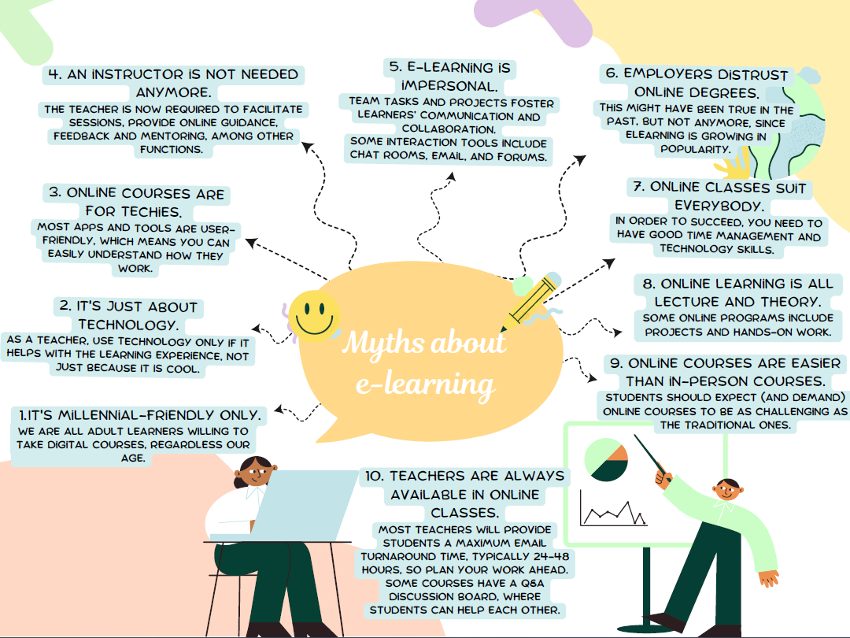
07.07.2023
UNIVERSITY COURSE « AUXILIARY TECHNICIAN IN CULTURAL ENVIRONMENTS » FOR YOUNG PEOPLE WITH INTELLECTUAL DISABILITIES IN MÁLAGA (SPAIN)
The Vice-Rectorate for Students and Sport of the University of Málaga (Spain) coordinates every academic year the own specialisation course ‘Auxiliary technician in cultural environments’, focused on job training for young people with intellectual disabilities, so that they can develop different functions within different entities related to Culture.
This degree is a project that is included within the university training programmes for the employment of young people with intellectual disabilities, within the framework of the ONCE Foundation’s call for grants. The initiative has the financial support of the European Social Fund, through the National Operational Programme on Youth Employment.
The course is structured in specific training modules that are taught at the University. There are also internships in different museums and the participation of professionals from the world of culture and art. They receive training in emotional and social skills, reading and writing skills, learning strategies, museology, cultural and artistic heritage, painting, sculpture, photography, comics and educational departments in museums.
This programme has the participation of cultural entities of great relevance, such as: Museo Nacional Thyssen-Bornemisza, Museo de arte Colección Carmen-Thyssen-Bornemisza, Museo Picasso Málaga, Centre Pompidou Málaga, Museo y Centro de Arte Contemporáneo de Málaga, Museo del Prado, Museo Reina Sofía and Centro Botín, among others.
In the particular case of the city of Málaga, this course takes on special interest as it is framed in one of the Spanish cities with the greatest promotion of culture and the arts through an extensive network of museums. The collaboration of Malaga City Council in the development of the porgramme is of great importance as our students can develop the practices in the Museo Casa Natal Picasso, Russian Museum Collection and Centre Pompidou, as well as receive teaching from the educational departments of these centres.
15.11.2022
Transnational partners’ meeting
Ferrol, Spain – 15th and 16th of November 2022
All PANEL partners were welcomed in Galicia by the Escola Oficial de Idiomas de Ferrol in order to discuss the work achieved during the first months of the project and plan the next steps to be taken by the partnership.
The meeting allowed partners to have a clear view on the actions to be taken to finalize the first result of the project “Evaluation report of the teachers and learners questionnaire and of the best practices about e-learning courses” as well as establish a clear work plan for the elaboration of the second project’s result “Pilot programme implementation”.
Partners got the opportunity to meet the mayor of Ferrol and present the PANEL project. They also were able to visit an innovative teachers’ training center.
The meeting was a real success and partners enjoyed it a lot!
01.02.2024
The fourth meeting of the PANEL project took place on the 31st of January and 1st of February 2024 in Paris, France, and was attended by representatives of all partners involved in the project consortium. The meeting was hosted by Solution Solidarité & Inclusion and led by ULE, the project’s coordinator.
During the meeting, partners had the time to review the progress of the piloting sessions in the four main areas of the project, ICT, arts, wellbeing, and foreign languages, to discuss the evaluation of those pilotings by the participants as well as coo-design the Trainer’s Guidelines on how to implement successful workshops! Partners also had the opportunity to be given a tour of the Victor Gelez Center, a space for social exchange and conviviality, offering different courses and activities (dance, languages, visual arts, music, science, events) promoting social inclusion!
Stay updated for the final project deliverable, the Trainer’s Guidelines including methodological and emotional aspects of blended and e-learning!
03.10.2023
The MDCM Staff has had the honor and pleasure, to participate in an innovative workshop
Or Pelach was invited to share her wisdom and experience.
Or, who started out as a computer programmer, is now a high-tech executive consultant. She shares that she is very curious, which led her to explore futuristic technological development and fell in love with this fascinating field.
Since 2016 she lectures on how technology will impact all realms of life, the future of the labor market in particular, and she’s immersed in investigating measurements in order to remain relevant in the changing conditions.
Or provides workshops on innovative technology, AI and technological influence on AI, ChatGPT tools and development of soft as well as digital skills, helping people in developing their creativity and habits, to enable flexible thinking and prepare towards the unknown future.
The MDCM staff was introduced to the ChatGPT tools in a hands-on workshop, and the world of options they open up, and enjoyed a guided experience exposing them to the importance of accuracy and definition of words and ideas in order to reach optimal results. Within seconds, ChatGPT provides results according to a wide range of requests- be it a formal letter or invitation, a suggestion for a field trip or a recommendation for a conference schedule. The opportunities for exploration and development are endless!
25.05.2023
PANEL PROJECT THIRD MEETING
The third transnational meeting of the « PANEL project – Distance learning during the pandemic: innovative teaching methodologies » (no. 2021-1-IT02-KA220-ADU-000033552) was held in Udine, at the Università delle LiberEtà del FVG on 25th and 26th of May 2023.
It was attended by representatives of all partners involved in the project, from Greece, Spain, France and Israel.
The work sessions focused on the implementation of activities for the development of pilot programmes (Projects result 2) and the planning of activities to create guidelines for trainers to implement online courses (Project result 3).

The next meeting will be in Udine again, on 23rd and 24th of October 2023 and will be a Learning, Teaching and Training Activity in which all partners will participate involving teachers in activities concerning the 4 areas covered by the project: foreign languages, psycho-physical well-being, ICT and art workshops.
Stay in touch via the project’s Facebook page for all the news: https://www.facebook.com/PanelEUproject
08.11.2022
PANDEMIC EMERGENCY AND E-LEARNING Innovative learning and teaching methodology.
13.03.2022
Kick-off meeting in Israel
13th and 14th of March 2022
All PANEL partners gathered in Israel for the kick-off meeting of the PANEL project. This meeting, held in a hybrid format, was the opportunity for the partners to meet and plan the work for the first months of the project.
Universita della Libereta, the coordinator, presented the general aspects of the project and partners got the opportunity to ask any needed clarification to ensure a smooth delivery of the project’s results.
Partners discussed in details the project result 1 “Evaluation report of the teachers and learners questionnaire and of the best practices about e-learning courses”, under the lead of the University of Malaga.
The meeting was a great success thanks to the warm welcome of our Israeli partner, Modiin Municipality!
13.01.2024
UMA participates in the final meeting and congress of the Erasmus+ AURORA project in India on topics of interest for the PANEL Project
The University of Malaga, through its Vice-Rectorate for Mobility and International Cooperation, as a member of the consortium of the Erasmus+ AURORA project (Alliance of universities to strengthen teacher training curricula in the fight against radicalism and the promotion of equality in Asian societies) has participated in its final meeting and congress, organised by the coordinating entity, Banasthali Vidyapith, the second largest female residential university in the world, and which took place in Vanasthali (India) from 11 to 13 January. This programme aims to promote capacity building in higher education for faculty on issues of inclusion, gender equality and social justice, and has been co-funded by the European Commission’s Erasmus+ CBHE (Capacity Building in Higher Education) programme. Staff and students from six countries have participated: Ireland, Romania, Spain, Czech Republic, Nepal and India.
It is a project focused on the training of trainers, trainers who may in their future professional life be involved in adult education. Being a project about basic citizenship skills, active citizenship and social justice, the interest and connections with the KA2 PANEL project is undeniable.
At this event, Dr. Ajay Surana, coordinator of the project and Head of the Education Department of Banasthali Vidyapith, reported the successful outcome of the consortium comprising institutions from six countries: University College Cork, Ireland; University of Babes Bolyai, Romania; University of Malaga, Spain, and three institutions from Nepal, Tribhuvan University, Pokhara University and National Law College, and three other institutions from India, Savitribai Phule Pune University; Kalinga Institute of Social Sciences University; and Anugrah Institute of Social Sciences, apart from the coordinator. This three-year project started in 2020 and ended in January 2024 with a one-year extension due to the difficulties caused by the global pandemic situation. The AURORA team has created three courses for the teacher training programme related to inclusive education, active citizenship, gender equality and prevention of radicalisation. These courses are being delivered in partner institutions in the framework of this project. These courses are supported by a comprehensive and varied set of resources, including videos and an online learning platform. In addition, the creation of student clubs has been promoted in the different Asian entities as a basis for dissemination and sustainability of the project results in the closest territorial scope and thus reaching the entire university community.
The international conference organised on this occasion attracted more than 200 registrations and more than 60 selected research papers from different countries were presented.
07.03.2023
PANDEMIC EMERGENCY AND E-LEARNING Innovative learning and teaching methodology.
24.05.2023
University at home during covid: testimony from a student’s perspective
I’d just started my first year at university when the pandemic began. My class was lucky enough to spend a semester at university, so we got to see what lectures were like and what the difference was between a lecture and an online tutorial. We were able to get to know our classmates and forge links, even planning trips together. Then COVID came along and everything fell through. The next intake of first-year students wasn’t as lucky as us, because they started their courses online using the Zoom application and only got to know their classmates and teachers on Zoom.
Animation courses – logistical connection problems – teachers not trained in online teaching… The university platform was often saturated, so they had to create another one, which at least helped to improve things. However, the teachers were not at all prepared or trained to give online courses. Most of them were not familiar with online platforms. Our courses were mostly given on Zoom and there were often problems at the beginning because of the overload. During the lectures there were many incidents due to the poor quality of the sound, or connexion. Professors and students sometimes got into confrontations because we couldn’t hear each other anymore because some people left their microphones open.
Some tutors and lecturers tried to make the lessons interactive and encourage participation. Some have gone so far as to mark the students who speak up. This started out as a good initiative, but the system disabled a number of students who, for example, did not have a high enough connection speed and were unable to speak without being cut off by the poor connection. Some teachers have tried to force students to put the camera on so that they don’t feel like they’re talking to themselves, but again, not everyone has the right equipment or a good enough connection to do this, while others prefer to find an excuse because they’re not very comfortable showing themselves to the camera and prefer to keep a discreet presence.
So the lessons became robotic in spite of ourselves. It was more difficult to follow some lessons than others, especially those that required a lot of concentration or practice, but fortunately some teachers recorded their lessons so that we could watch them again. They were the real university heroes, while others refused to do so because they considered that everyone should be present at class time and take notes!
However, some students have found themselves in a less than healthy environment in which to study, battling with the depression of loneliness and insecurity, others with toxic families or flatmates, while many are far from their families and friends. Many found themselves without resources because most of the facilities were closed.
It was a real struggle for us because we were often lost, sometimes there were changes to course timetables and also to the way exams were scheduled, which we only found out details of at the last minute because the university was waiting for government directives. The government was also confused and didn’t really know how to manage the situation.
What was the most absurd thing, I think, was hearing people and even politicians discrediting us and our future diplomas by saying that online training is far too easy, and many called us incompetent future managers because we were probably all going to cheat. Thank goodness all that’s long gone. We ended up going back to university and taking our exams as normal, which we passed with flying colors. And we can finally take advantage of our Erasmus exchanges and stays abroad!
03.2022
PANDEMIC EMERGENCY AND E-LEARNING Innovative learning and teaching methodology.
Nous contacter
SOLUTION: Solidarité & Inclusion
Street,
Paris, France

